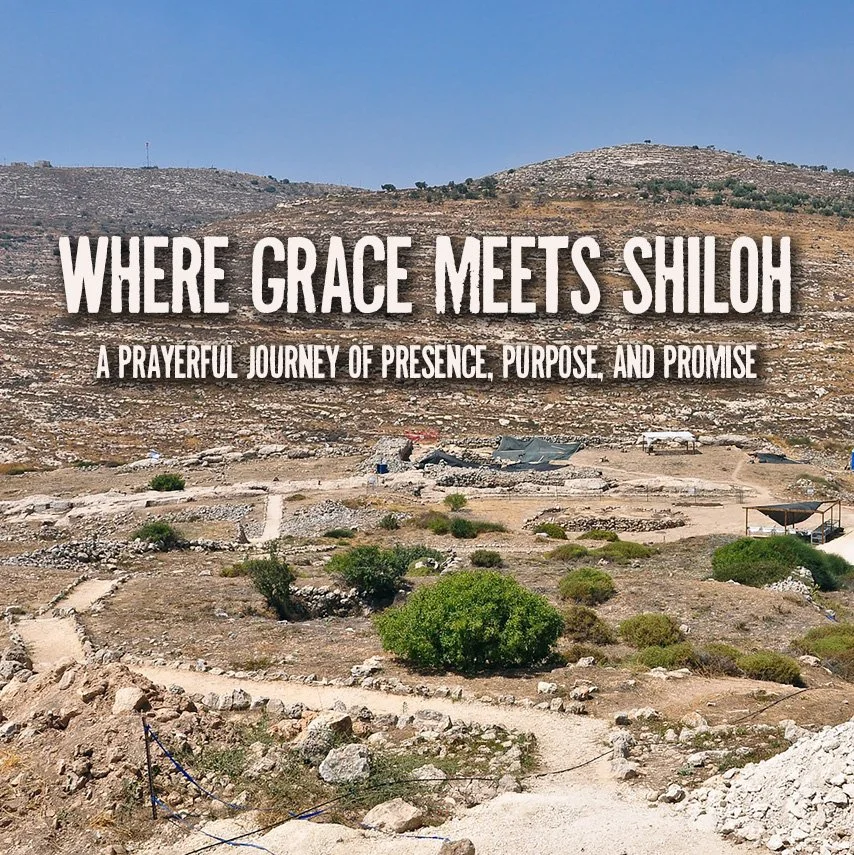What Do I Know About Living Now?
What Do I Know?: Part 3
November 16, 2025
Psalm 92:12-14, Phillipians 3:7-16
These things were my assets, but I wrote them off as a loss for the sake of Christ. But even beyond that, I consider everything a loss in comparison with the superior value of knowing Christ Jesus my Lord. I have lost everything for him, but what I lost I think of as sewer trash, so that I might gain Christ and be found in him.
- Philippians 3:7-9a
_______________
I Will Not Die an Unlived Life
by: Dawna Markova
I will not die an unlived life.
I will not live in fear
of falling or catching fire.
I choose to inhabit my days,
to allow my living to open me,
to make me less afraid,
more accessible,
to loosen my heart
until it becomes a wing,
a torch, a promise.
I choose to risk my significance,
to live so that which came to me as seed
goes to the next as blossom
and that which came to me as blossom,
goes on as fruit.
In our constant efforts to avoid death and ignore our human limits, we can easily fall into another trap: not actually living.
It sounds absurd. Of course we’re living. We’re breathing, aren’t we?
And yet our lives are so often marked by fear… fear of losing what we have, fear of what we will never attain, fear of failure, fear of the unknown… the list of fears is endless, but at the end of the day, we are afraid to fully live.
To truly embrace the beauty of this life means risk, vulnerability, loosening our heart. It means planting and nurturing seeds that may never bloom and investing in a future for others that we may never see.
To fully live means slowing down to see what so many cannot see, to find beauty, joy, and meaning in the little things. A fellow Substack writer puts it beautifully in her description of walking her dog. She writes:
I could choose to hear the cars and trucks fuming by below me, or, I could choose to listen to the birdsongs drifting through the trees beside me.
It is more work to choose the birds. They, even en mass, are quieter than the traffic, and more dispersed, so it is more challenging both to block out the traffic noise and to let in the sounds of nature. But it is doable, and so much more worthwhile.
While listening to the traffic, I feel slow, unproductive and like I, too, should be rushing somewhere. While listening to the birds, I feel relaxed, connected and purposeful.
How are you living this one wild and precious life?
How is God inviting you to be more present in each moment?










